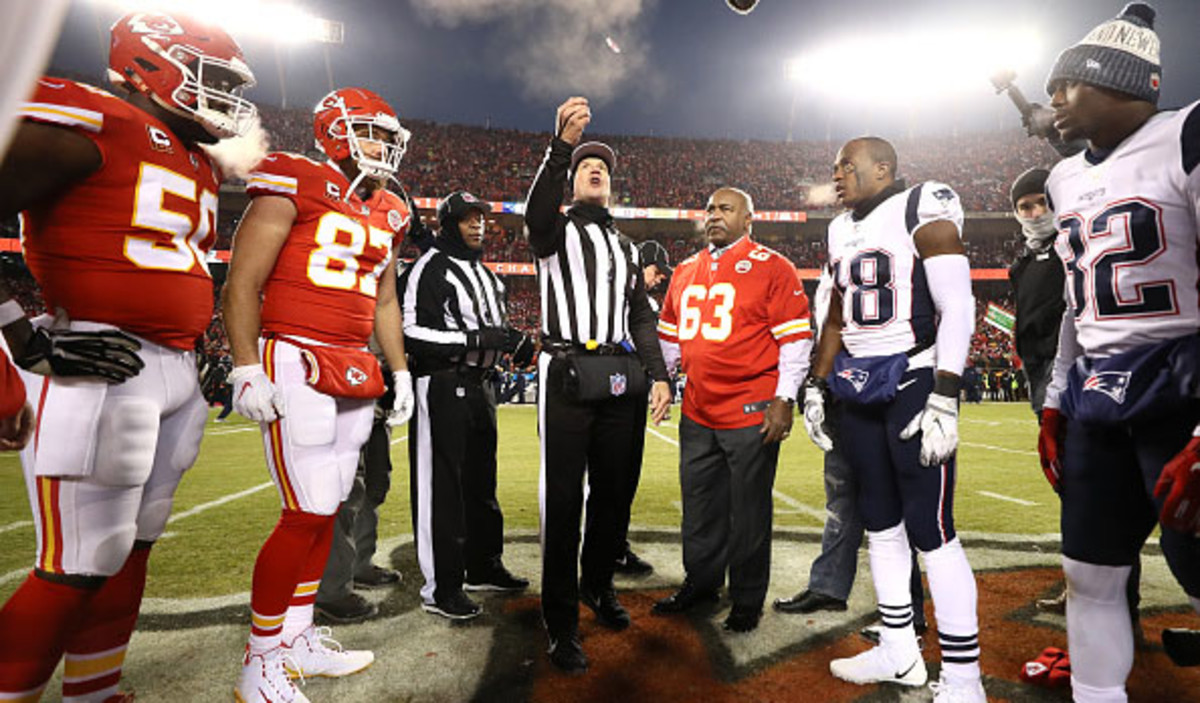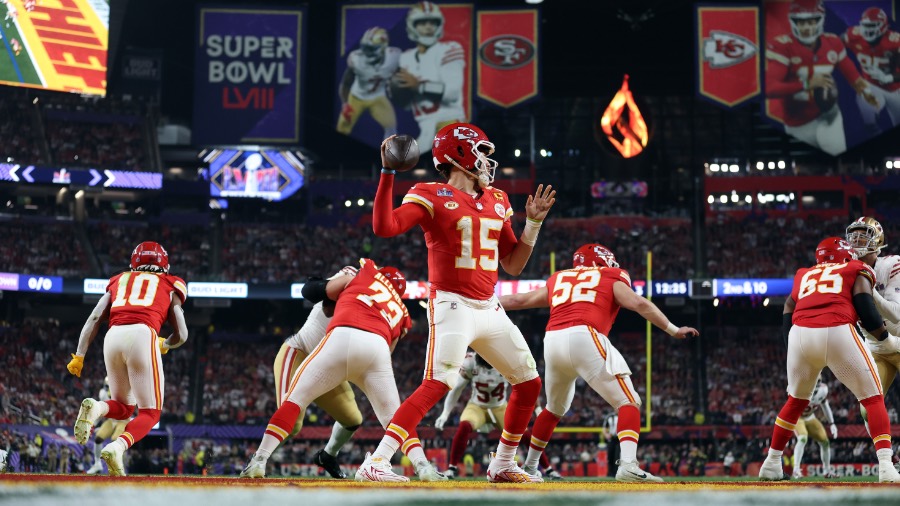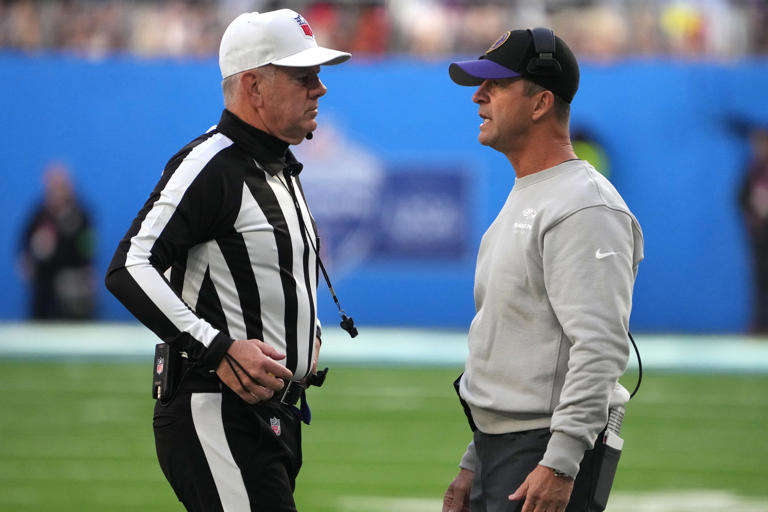Gallery
Photos from events, contest for the best costume, videos from master classes.
 |  |
 |  |
 |  |
 |  |
 |  |
 |  |
Below is a look at the full overtime rules for Super Bowl 59: NFL overtime rules for the Super Bowl. Each overtime period is 15 minutes long. Overtime lasts 10 minutes in the regular season. Only one Super Bowl has advanced to overtime. Super Bowl LI, which saw the New England Patriots overcome a 28-3 deficit to force overtime, and then win the game on the opening possession of OT Only two Super Bowl have ever gone to overtime. You might remember both. Somehow, the Patriots forced an extra period despite trailing the Falcons 28-3. And of course Tom Brady and New England won Two Super Bowls have gone to overtime: Super Bowl LI and Super Bowl LVIII. The Patriots beat the Falcons in Super Bowl LI and the Chiefs beat the 49ers in Super Bowl LVIII. Super Bowl Overtime Rules. Super Bowl overtime rules are the same as NFL playoff overtime rules: Both teams have the opportunity to possess the football. If the game is tied Here's what you need to know about the rules for an overtime period for Super Bowl 58: NFL Super Bowl overtime rules 2024. Prior to the start of the 2022 season, the NFL amended the overtime rules It ensures both teams receive at least one possession in any playoff game that goes to overtime. Below, we will discuss the differences between the overtime rules for the regular season compared to the NFL playoffs. Regular Season Overtime Rules. In the regular season, NFL games that are tied after four quarters go to a 10-minute overtime period. Super Bowl Overtime Rules. But many fans argued that the overtime rules shouldn’t come as some sort of surprise and that teams had a full 60-minute game to secure a victory. And even if the Super Bowl 58 went to overtime between the Chiefs and 49ers, and after San Francisco kicked a field goal with 7:22 left in the first overtime, the Chiefs drove down to the 49ers' three-yard line Has the Super Bowl ever gone to overtime? Yes, twice. The first championship game to go to overtime was Super Bowl LI in 2017. That game between the New England Patriots and Atlanta Falcons is The Chiefs defeated the San Francisco 49ers, 25-22, in overtime on Sunday to win Super Bowl LVIII. Filter Forward 5s Forward 10s Forward 30s Full Screen Off Full Screen On Gamepass Games Super Bowl LI (2017) was the first to go to overtime, while the second was Super Bowl LVIII (2024). The NFL uses different overtime rules during the regular season and the playoffs. Below is a look at the full overtime rules for Super Bowl 59: NFL overtime rules for the Super Bowl. Each overtime period is 15 minutes long. Overtime lasts 10 minutes in the regular season. Super Bowl LVIII (58) FULL OVERTIME FINAL DRIVE. Mahomes to Hardman wins game!! Please like and subscribe!All plays of the final drive in the overtime thri Watch all of the highlights from the thrilling overtime game between the San Francisco 49ers and Kansas City Chiefs at Super Bowl LVIII at Allegiant Stadium in Las Vegas, Nevada. Sometimes 60 minutes simply isn't enough in the Super Bowl. Well, only twice. The Kansas City Chiefs and San Francisco 49ers needed overtime on Sunday to determine the champion of Super Bowl LVIII. It was only the second time in the Super Bowl's 58-year history that the game went to overtime. Super Bowl LVIII in February of 2024 was played under the NFL’s current playoff overtime rules. The 49ers won the toss, chose to receive and kicked a field goal on their first possession. The San Francisco 49ers and Kansas City Chiefs are tied 16-16 in the fourth quarter of Super Bowl LVIII.. If overtime happens, it wouldn't be a first for a Super Bowl. Robin Lundberg of SI recaps Super Bowl 58 & the greatness of Patrick Mahomes. The Kansas City Chiefs defeated the San Francisco 49ers 25-22 in overtime. #kan With Super Bowl LVIII in the rearview mirror, Dave Helman is joined by Greg Auman to break down how the new overtime rules impacted the result of the game. D Check out our other channels:NFL Mundo Brasil UK
Articles and news, personal stories, interviews with experts.
Photos from events, contest for the best costume, videos from master classes.
 |  |
 |  |
 |  |
 |  |
 |  |
 |  |